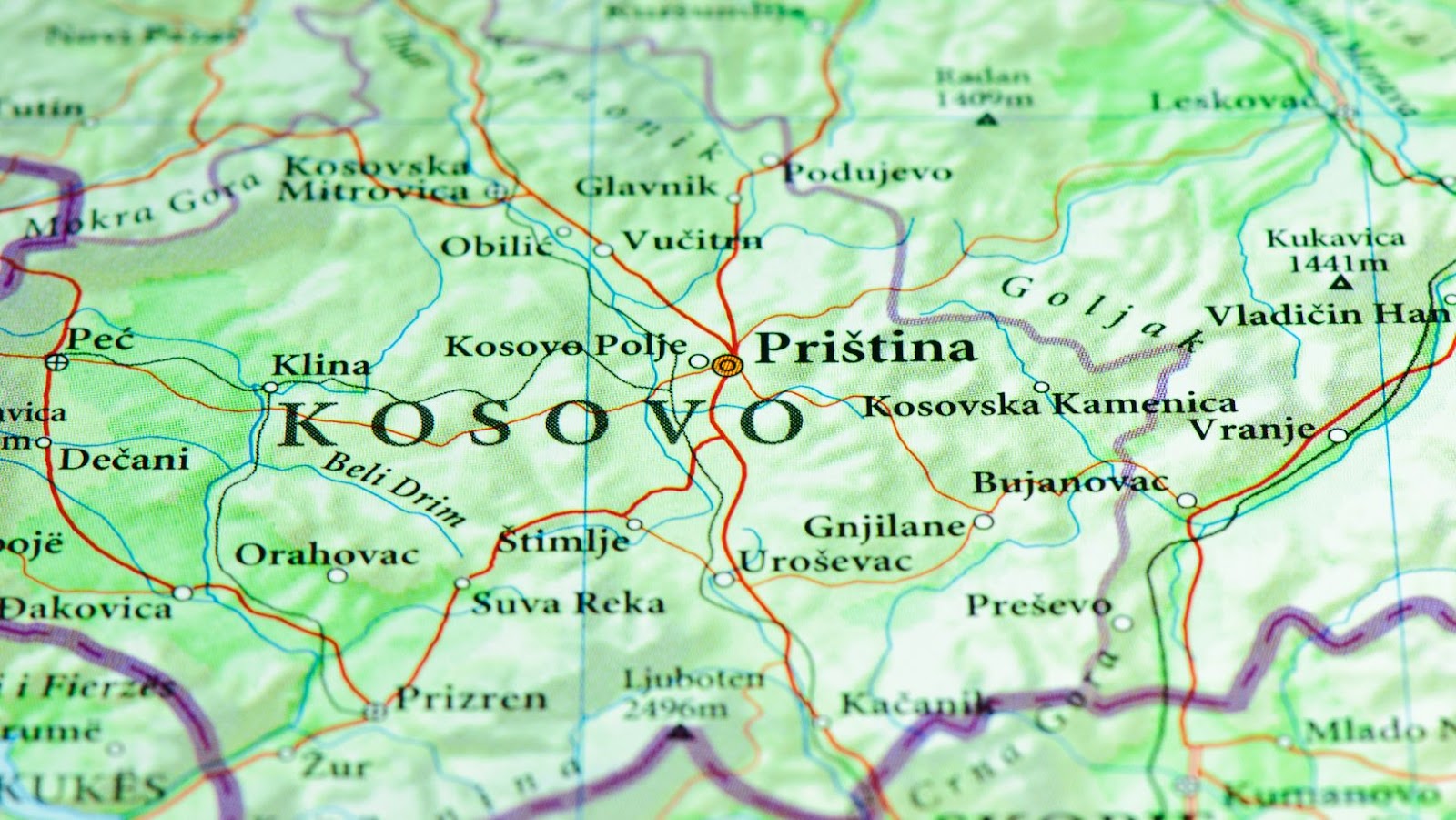Life Expectancy In Kosovo Male And Female
Life expectancy in Kosovo, both for males and females, is a topic that raises curiosity and prompts us to delve into the data. When it comes to life expectancy, it’s not just about numbers; it reflects the overall health and well-being of a population. In this article, I’ll explore the trends and factors influencing life expectancy in Kosovo for both genders.
Kosovo has undergone significant changes over the years, and understanding the differences in life expectancy between males and females can provide valuable insights. According to recent statistics, the average life expectancy in Kosovo is around 72 years for males and 77 years for females. While these numbers are indicative of progress, there are various factors that contribute to these disparities.
Factors such as healthcare access, lifestyle choices, socioeconomic conditions, and cultural norms all play a role in shaping life expectancy in Kosovo. Understanding how these factors interact can help identify areas where interventions may be needed to improve overall health outcomes. So let’s dive deeper into the data and uncover what lies behind the numbers when it comes to male and female life expectancy in Kosovo.
In conclusion, exploring gender-specific variations in life expectancy provides a comprehensive view of health disparities within any given population. By examining various aspects such as healthcare access and lifestyle choices, we can gain valuable insights into how to address these inequalities effectively. Join me as we unravel the intricacies of life expectancy patterns in Kosovo for both males and females.
Factors Affecting Life Expectancy in Kosovo
When it comes to life expectancy in Kosovo, there are several key factors that influence the outcomes for both males and females. Let’s delve into some of these factors:
- Healthcare System: The quality and accessibility of healthcare services play a crucial role in determining life expectancy. In Kosovo, improvements have been made in recent years, but challenges persist. Limited resources and infrastructure can impact the delivery of healthcare, leading to disparities in access and outcomes.
- Socioeconomic Conditions: Socioeconomic factors like income level, education, and employment opportunities can significantly impact life expectancy. Low socioeconomic status may limit access to essential resources such as nutritious food, clean water, adequate housing, and quality education.
- Lifestyle Choices: Individual lifestyle choices also play a substantial role in determining life expectancy. Factors such as smoking habits, alcohol consumption, physical activity levels, and diet can all contribute to overall health and longevity.
- Public Health Initiatives: The implementation of effective public health initiatives can have a positive impact on life expectancy rates. These initiatives include disease prevention programs (such as vaccinations), awareness campaigns promoting healthy behaviours, and efforts to improve sanitation and hygiene practices.
- Environmental Factors: Environmental conditions can affect overall health outcomes. Exposure to pollution or hazardous substances may increase the risk of respiratory or cardiovascular diseases.
- Gender Differences: There are often variations between male and female life expectancies due to biological differences as well as societal factors such as gender roles and healthcare utilisation patterns.
- Social Support Networks: Strong social support networks provide individuals with emotional assistance, financial security, and opportunities for social engagement – all aspects that contribute positively to overall well-being and potentially increase life expectancy.
- Political Stability: Political stability plays an important role in ensuring consistent access to healthcare services and economic stability which indirectly impacts life expectancy rates.
Understanding these factors can help policymakers and healthcare professionals develop targeted interventions to improve life expectancy in Kosovo. By addressing these issues holistically, we can work towards creating a healthier and more equitable society for both males and females.
